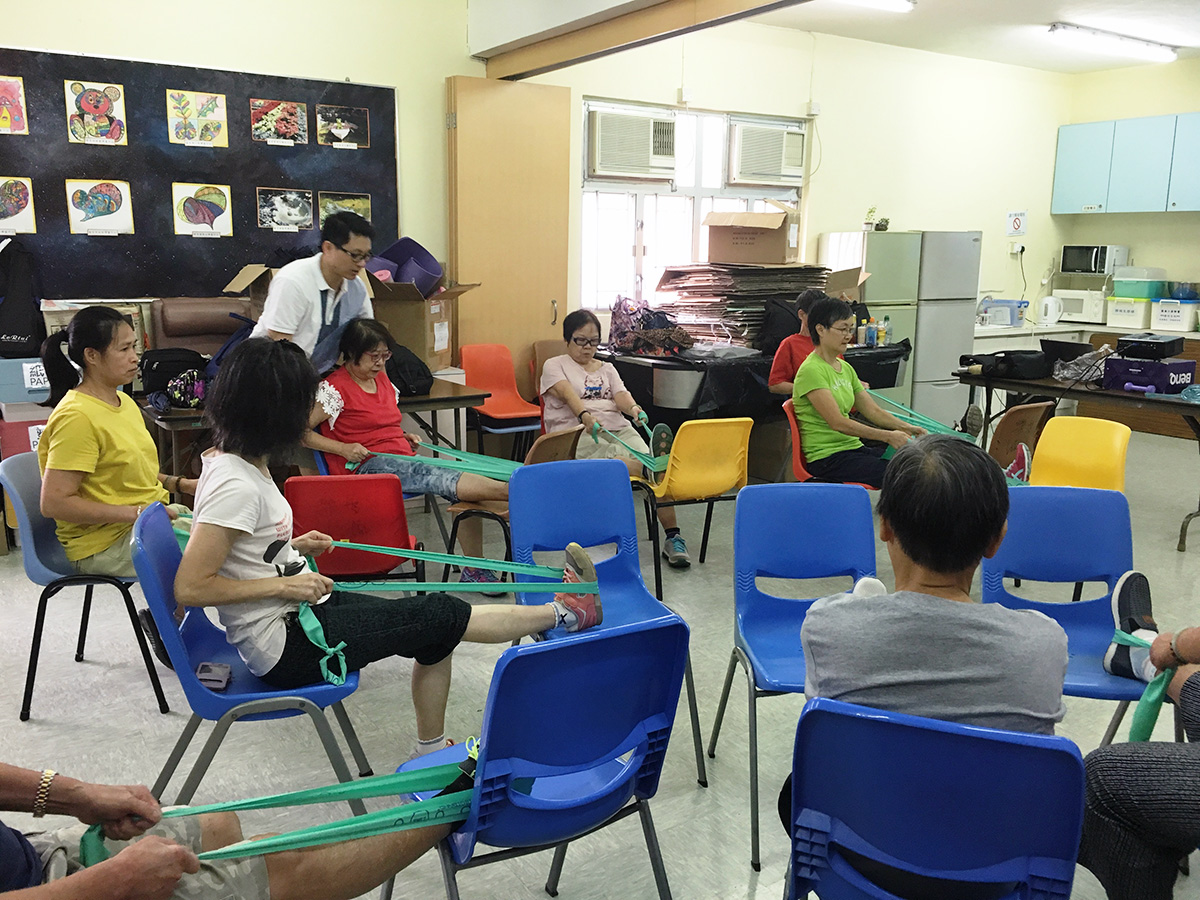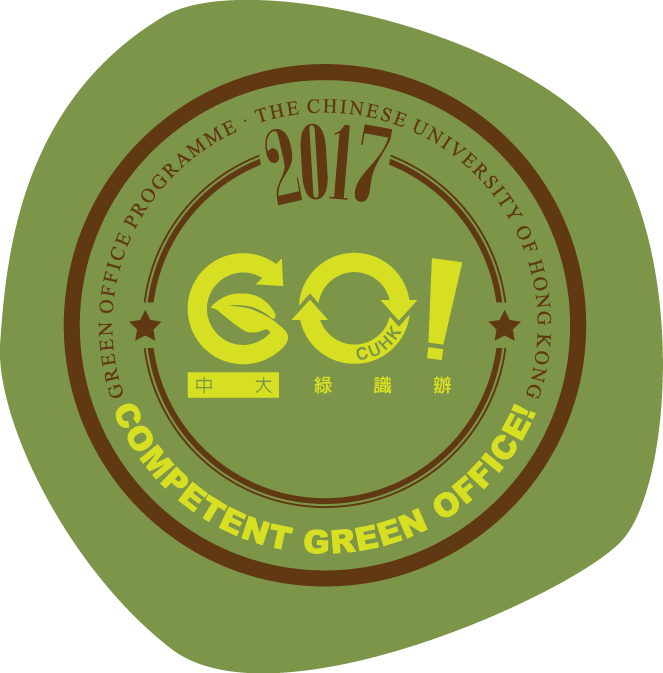Age-friendly Community and the Decade of Healthy Ageing
AFC Programme
Active Ageing Programme 2018 – 2020
With funding support from the Hong Kong Jockey Club Charities Trust, the Institute organized three batch of the Active Ageing Programme (AAP Programme) from 2018 to 2021 in three districts of Hong Kong, containing North District, Sai Kung District and Kwai Tsing District. The AAP 2020 was a multicomponent health program set out to encourage older people develop a healthy lifestyle and hence maintain their functionality for active and healthy ageing. Throughout the AAP, older people not only gained knowledge on healthy ageing, but also transferred their learnt knowledge to the community through co-production approach.
In the first two phase of the AAP, a group of older people were recruited to be health ambassadors and equipped them with the ability of self-health management and age-friendly city concept. A series of training sessions were delivered by the certified physical trainer and dietitian to equip older participants with the knowledge and skills on proper exercise (e.g. muscle training, aerobic and stretching exercises), nutrition and dietary. Under the instruction of physical trainer, they also conducted on-site audit on fitness facilities in parks of the district and learn how to use the fitness facilities properly under the instruction of physical trainer.
In the final phase of the AAP, the trained older adults were facilitated to provide support on promoting the message of age-friendly city and healthy ageing to the community. Under the guidance of dietitian, they designed different nutritious menus for elderly people and produce Healthy Diet Booklets for distribution to elderly service centers in the district. They were encouraged to take part in the production of a series of online videos on physical fitness exercise and healthy diets to encourage older people form a habit of regular exercising and eating healthy in the daily life. Those online videos were disseminated via online platforms and social media during the COVID-19 pandemic, when social distancing measures restricted older people’s involvement in social activities and reduced their mobility contributing to frailty. It enabled older people and carers to do exercises and cook healthy food by themselves at home, and thereby remain healthy ageing during the pandemic.











